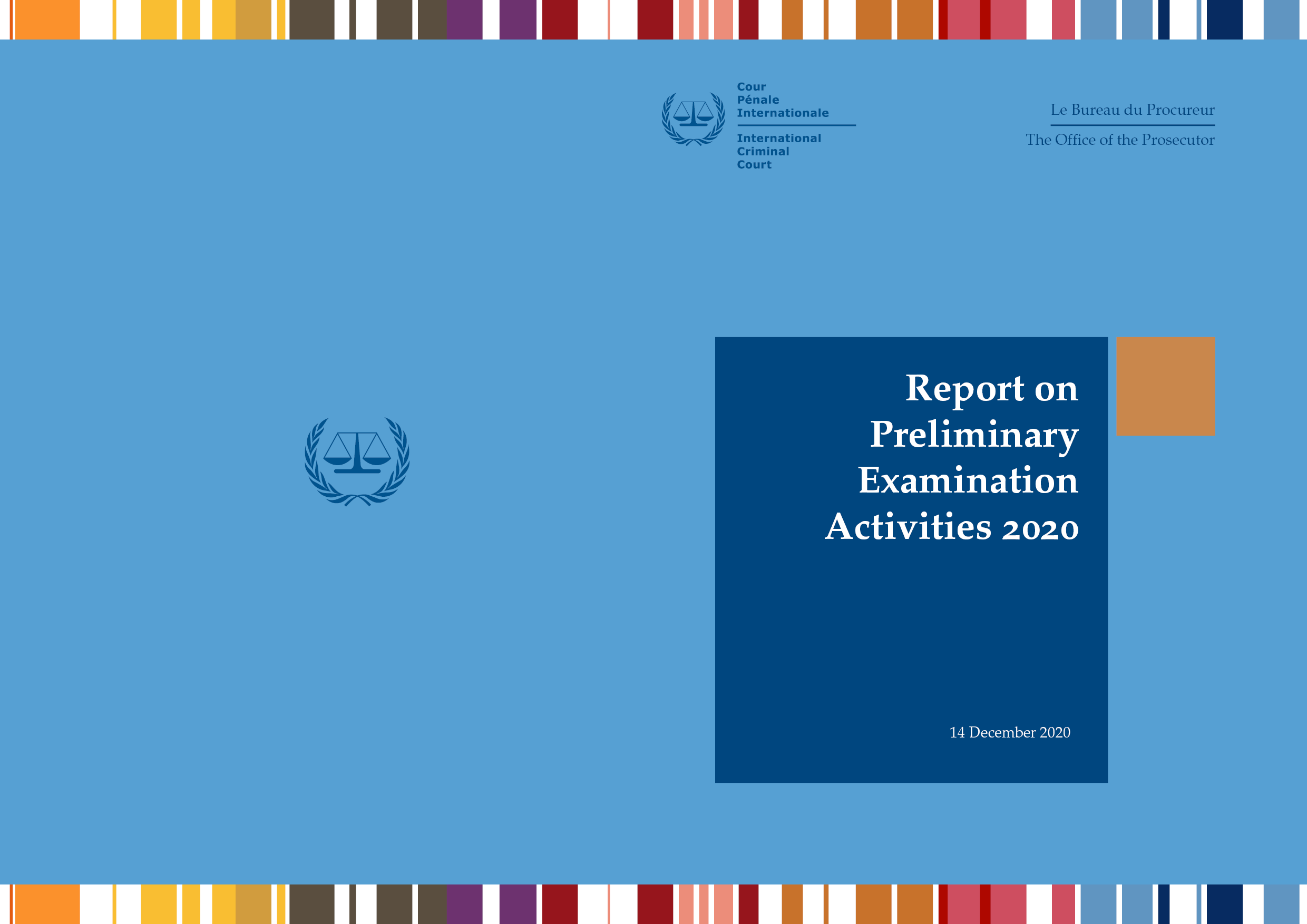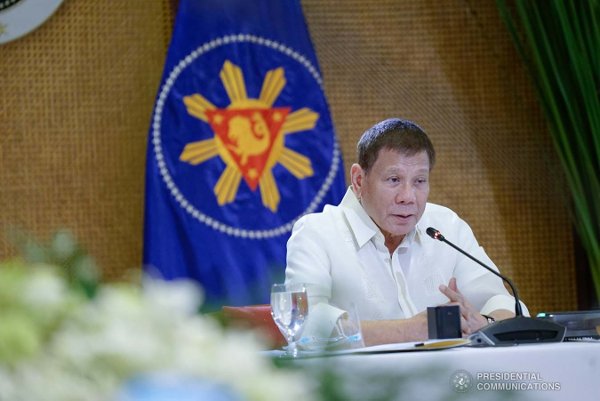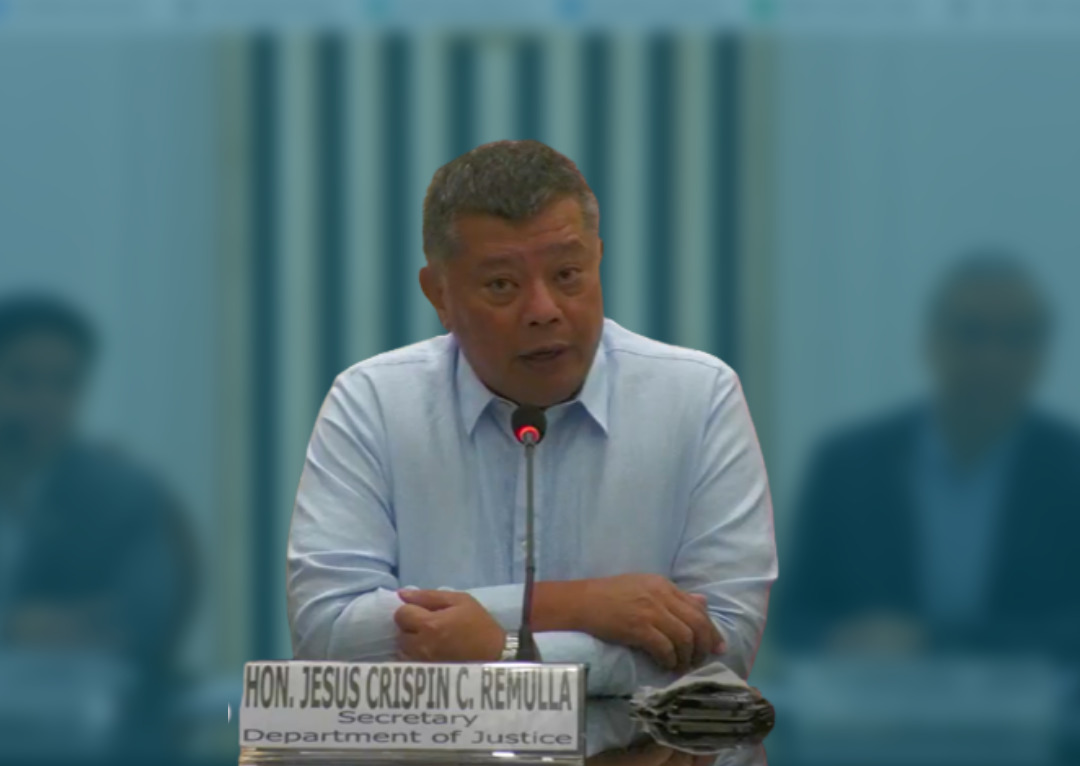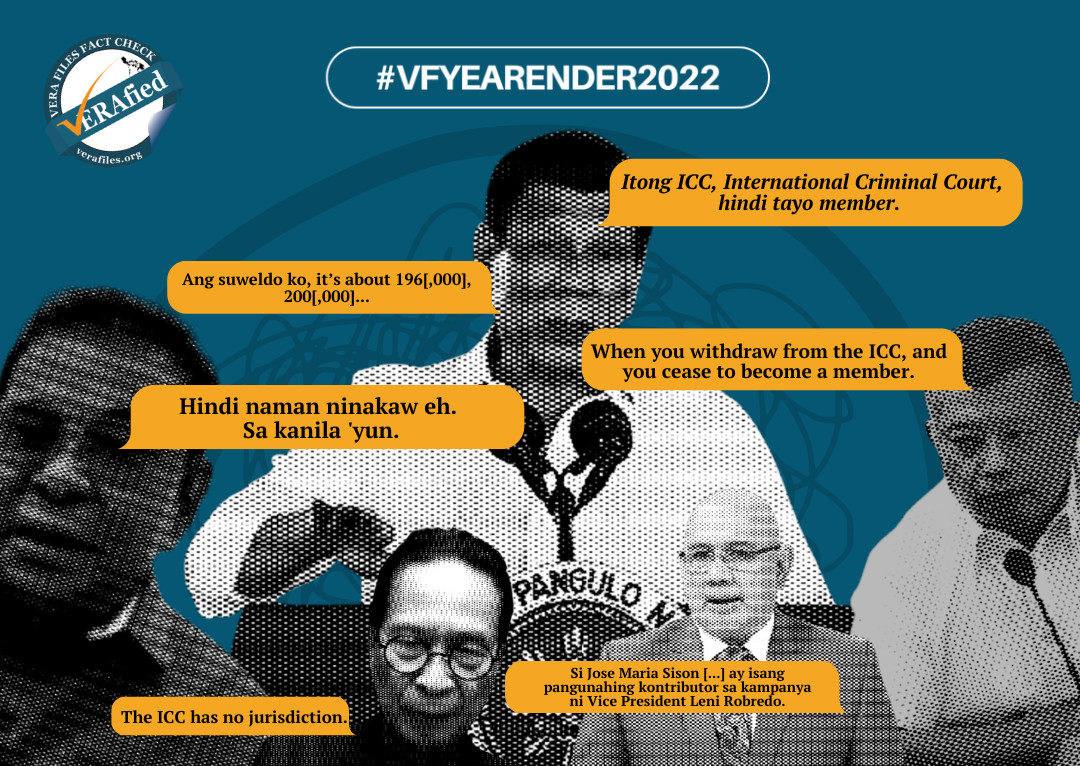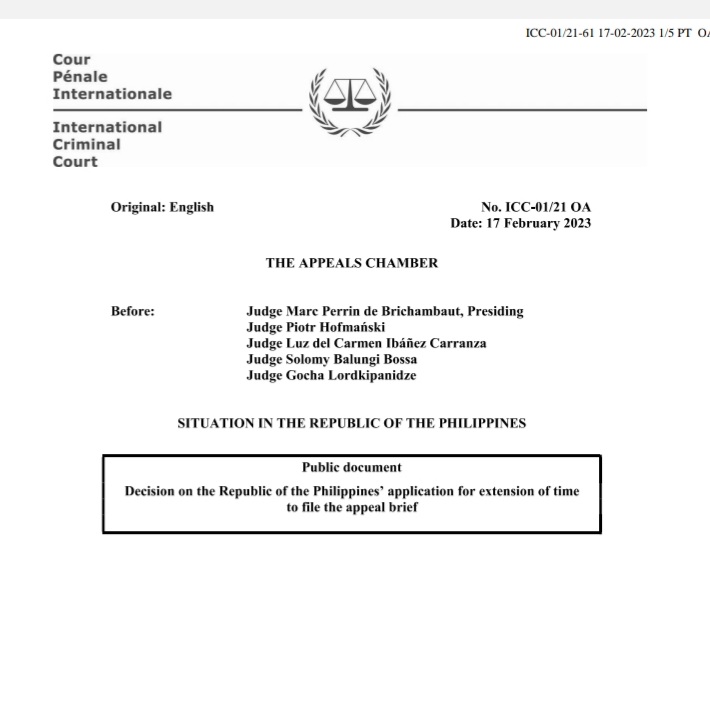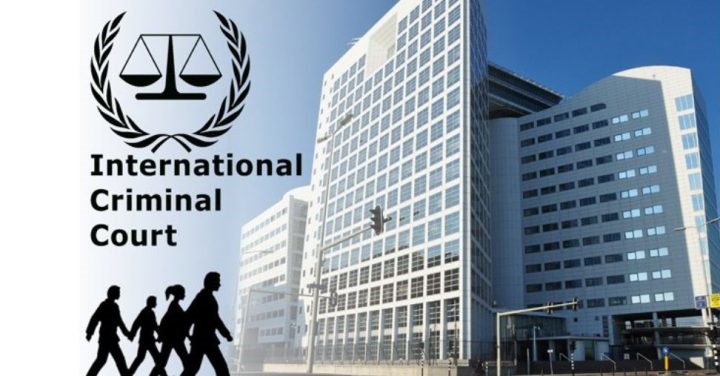
The International Criminal Court in The Hague, Netherlands
Last 17 March 2018, the Philippines deposited with the United Nations its written notification of withdrawal from the Rome Statue on the International Criminal Court (Rome Statute). This is pursuant to Article 127 of the Rome Statute which also states that the withdrawal takes effect a year after. The Rome Statue is the treaty that creates the International Criminal Court (ICC). The Rome Statue was adopted in 1998 and entered into force in 2002.
President Rodrigo Roa Duterte explained his decision to withdraw in a statement that he released to the public, mainly on issues of due process of law, jurisdiction over the person, supremacy of domestic laws, and allegations of bias against the Prosecutor of the International Criminal Court.
He stated that he “was appalled however by the fact that she has to make public announcements of the preliminary examination she is conducting thereby giving the false impression that the International Criminal Court has already acquired jurisdiction – or that the International Criminal Court will be acquiring jurisdiction, when she knows that before the International Criminal Court can acquire jurisdiction over me, it must be first firmly established that the state of the national being subject of the investigation is unwilling or unable to investigate or prosecute the national for the crime of genocide; crimes against humanity; war crimes and crime of aggressions.”
He then concluded that “[t]o my mind, the Special Prosecutor commended the preliminary examination in the wrong foot by picturing me as one who most likely has committed any of the crimes punishable under the Rome Statute violating therefore the presumption of innocence guaranteed me by our Constitution.” He further lamented in his statement that the ICC Prosecutor’s announcement of the preliminary investigation, taken together with the statements of previously given by the UN High Commission of Human Rights and several UN Special Rapporteurs on the current administration’s campaign against illegal drugs, “appears to be a concerted effort on those aforesaid United Nation officials to paint me (Duterte) as a ruthless and heartless violator of human rights.”
What is the ICC?
The International Criminal Court is an independent permanent court that tries individuals over the most serious crimes of concern to the international community as a whole, namely: genocide, war crimes, crimes against humanity and the crime of aggression. Its purpose to ensure that the most serious crimes of concern to the international community as whole must not go unpunished. However, it recognizes that the ICC only complements national criminal jurisdictions. This means that to ensure effective prosecution at the national level by enhancing international cooperation. Ultimately, the ICC aims to address impunity for the most serious crimes in order to prevent such crimes from further happening in any part of the world.
The Philippines has been one of the many countries that actively participated in the drafting of the Rome Statue. This has also been recognized by the late Senator Miriam Defensor Santiago in her sponsorship before the Senate for the concurrence of ratification for the Rome Statue. She recognized that the diplomatic conference on the establishment of an ICC was attended by some 160 states and that “the most powerful camp among the delegates were the so-called ‘like-minded’ states, which opposed the 1994 draft by the International Law Commission, and which also opposed the views of the permanent members of the Security Council.” She emphasized that the Philippines “was a member of that ‘like-minded’ caucus of states.”
Although the Philippines was part of the drafters of the Rome Statute that got adopted in 1998, it was only in December 2000 when the Philippines became a signatory to it. And it took eleven long years and with concurrence of the Senate, and after much lobbying by civil society groups led by the Philippine Coalition for the International Criminal Court, that the Philippines finally decided to submit its instrument of ratification to the United Nations in November 2011.
Lamentably, all of these were reversed and taken away by the decision of a person.
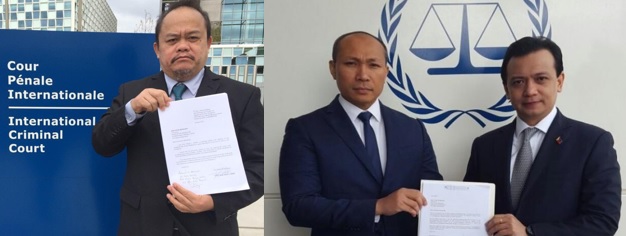
Three of those who have filed Information on Duterte’s extra-judicial killings at the ICC. Left, Atty. Jude Sabio and right, Magdalo Rep. Gary Alejano and Sen. Antonio Trillanes IV
What Goes on Before the ICC?
Briefly, the procedure before the ICC is quite similar to the criminal justice process in the Philippines: Investigation and Prosecution, Trial, Appeal, and Enforcement of the Decision.
But can a person really file a case before the ICC?
The answer is No. The ICC can only exercise its jurisdiction when: (a) a situation referred to the Prosecutor by a State Party, (b) a situation is referred to the Prosecutor by the United Nations Security Council, or (c) the ICC Prosecutor has initiated an investigation. Of course, the “situation” refers to one of the most serious crime under the jurisdiction of the ICC.
But what about the investigation initiated by the ICC Prosecutor? Is it the same as a criminal complaint filed before a public prosecutor in the Philippines?
Again, No. There simply is no complaint-filing mechanism against a particular individual or individuals before the ICC. But what about the “complaints” that have been filed by several political personalities, witnesses and victims of alleged extrajudicial killings due to the current campaign against illegal drugs?
Well, these simply are not complaints. Rather, they are information of possible crimes that are within the jurisdiction of the ICC. Depending on how serious the information received by the ICC Prosecutor is, he or she may initiate a preliminary examination to analyze the seriousness of the information. According to the Rome Statute, the ICC Prosecutor may “seek additional information from States, organs of the United Nations, intergovernmental or non-governmental organizations, or other reliable sources that he or she deems appropriate, and may receive written or oral testimony at the seat of the Court.” The only purpose of this is for the ICC Prosecutor to determine whether there is “a reasonable basis to proceed with an investigation.”
And even if the ICC Prosecutor determines that there is reasonable basis to proceed with an investigation, such is also not automatic. The Prosecutor still has to “submit to the Pre-Trial Chamber a request for authorization of an investigation, together with any supporting material collected.” In short, it is the Court, particularly its Pre-Trial Chamber composed of three international judges, which authorizes the investigation, if warranted.
Where are We Now and What to Expect
The Philippine government has now withdrawn from the Filipino people all of these guarantees against impunity for the most serious crimes of concern to the international community. The preliminary examination, however, will not be affected since the Rome Statute itself provides that the withdrawal shall not “prejudice in any way the continued consideration of any matter which was already under consideration by the Court prior to the date on which the withdrawal became effective.” So as long as the situation being considered refers to the current campaign against drugs, information can still be submitted and analyzed as long as they happened from July 2016 until March 16, 2019.
It is also worth stating that at this stage, there is no named respondent, much more accused, since the probable perpetrators can only be determined after an investigation, if and when that happens.
That is why it is sadly ironic that the guarantees of due process and transparency shown by the ICC Prosecutor, emphasizing that the preliminary examination is not an investigation, and that its only purpose is to determine admissibility, was understood wrongly by those in power. In truth and in fact, all the government needs to do is provide information that there are genuine efforts and willingness to investigate and prosecute perpetrators of those liable for the campaign against illegal drugs.
As we say in Filipino, “Bato bato sa langit, tamaan huwag magalit” (when you throw stones at heaven, don’t get mad if you get hit) and “Ang pikon, talo” (whoever loses their temper, loses).
In our case, it’s actually the people who has lost.
(The author is co-chairperson, Philippine International Criminal Court; Executive Director, Ateneo Human Rights Center.)
